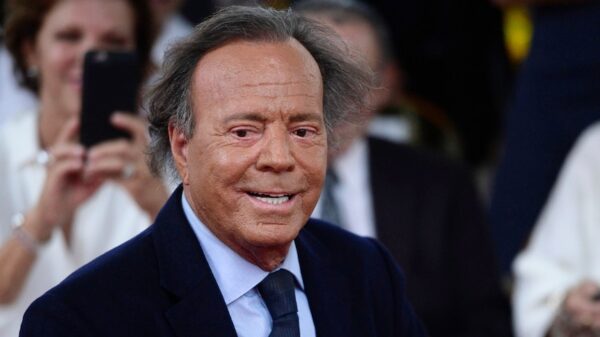U.S. President Donald Trump has issued pardons to his former personal lawyer, Rudy Giuliani, and a number of allies involved in efforts to overturn the results of the 2020 election. According to a statement from the Justice Department, the pardons were part of a signed proclamation that grants “full, complete, and unconditional” clemency to 77 individuals.
The list of those pardoned includes prominent figures such as Sidney Powell, a lawyer who promoted unfounded conspiracy theories regarding a stolen election, and John Eastman, who devised a strategy to maintain Trump in power. Notably, the proclamation specified that the pardon does not extend to Trump himself.
Mark Meadows, Trump’s former chief of staff, also received a pardon. It is important to note that presidential pardons apply strictly to federal crimes, and none of the individuals named in this proclamation were charged with federal offenses related to the 2020 election. This action illustrates Trump’s ongoing efforts to propagate the notion that the election was illegitimate, despite multiple court rulings and assessments by U.S. officials which found no evidence of widespread fraud.
This recent round of pardons follows Trump’s earlier decisions to pardon numerous supporters charged in connection with the January 6, 2021, insurrection at the U.S. Capitol. The proclamation described the prosecution of individuals who assisted Trump in his attempts to retain power as “a grave national injustice perpetrated on the American people.” According to White House Press Secretary Karoline Leavitt, these individuals “were persecuted and put through hell by the Biden Administration for challenging an election, which is the cornerstone of democracy.”
It is essential to clarify that the individuals pardoned were prosecuted by state authorities, separate from the federal Justice Department, which operates under different legal parameters. Among those pardoned are Republicans who acted as fake electors for Trump, facing charges in state courts for submitting false documents asserting their legitimacy as electors, despite the victory of Democrat Joe Biden in those respective states.
Another notable figure on the pardon list is Jeffrey Clark, a former official in the Justice Department who supported Trump’s efforts to contest the election results. Trump himself faced felony charges related to his attempts to overturn the election, but the case against him was dropped in November following his victory over Democrat Kamala Harris due to the Justice Department’s policy against prosecuting sitting presidents.
The legal challenges faced by Giuliani, Meadows, and others have stalled significantly, with some cases, like the one in Michigan involving 15 Republicans accused of falsely certifying election results, being dismissed by the courts. Giuliani, once the mayor of New York City, was a vocal advocate for Trump’s unsubstantiated claims of electoral fraud. His legal troubles have since led to his disbarment in both Washington, D.C., and New York, as well as a significant defamation lawsuit loss amounting to $148 million brought by former Georgia election workers.
Eastman, who previously served as the dean of Chapman University Law School, was a close advisor to Trump and authored a memo outlining procedures for Vice President Mike Pence to halt the electoral vote count during Congress’s joint session on January 6, further complicating the transition of power.
As the political landscape continues to evolve, the implications of these pardons will likely resonate throughout the Republican Party and the broader American political discourse.


































































